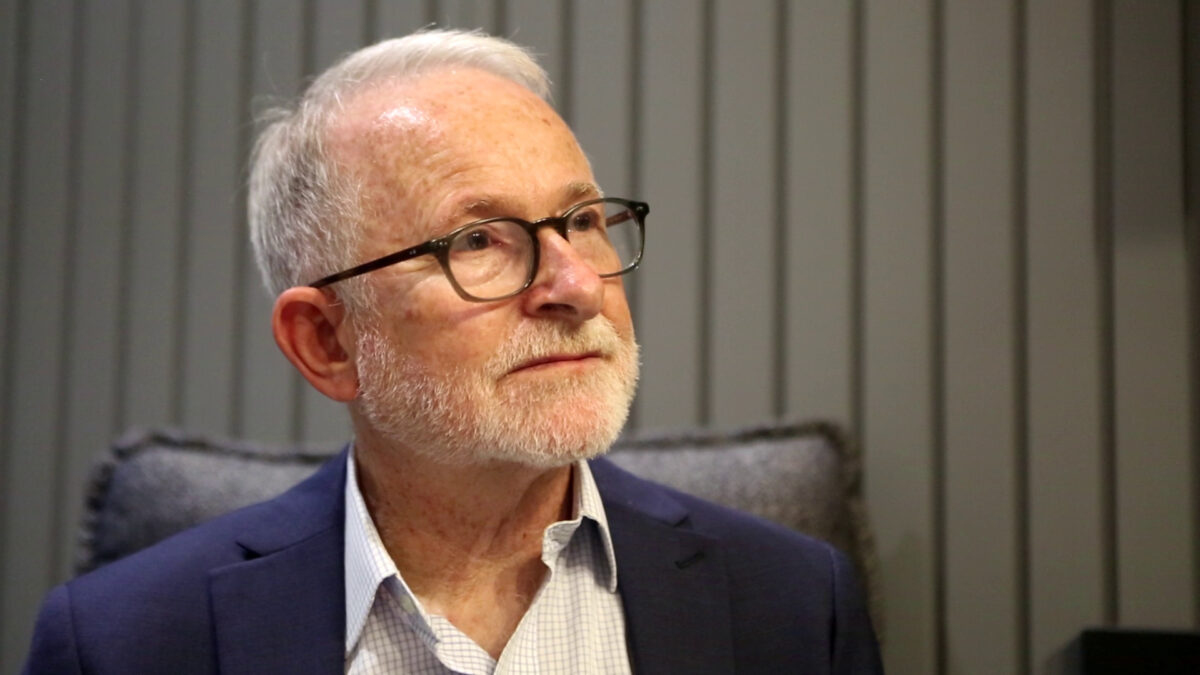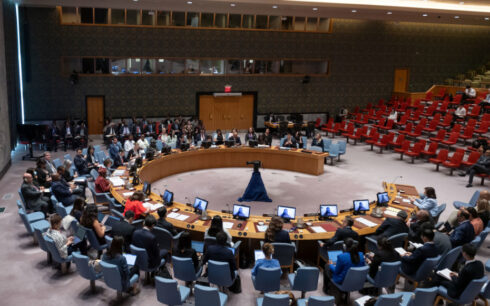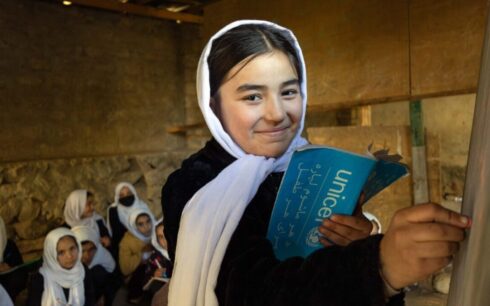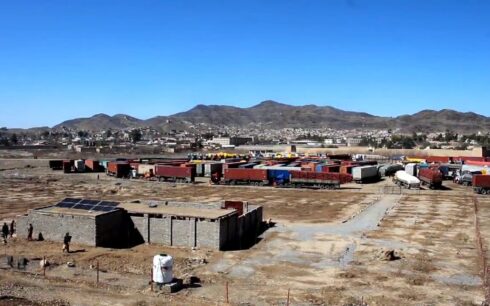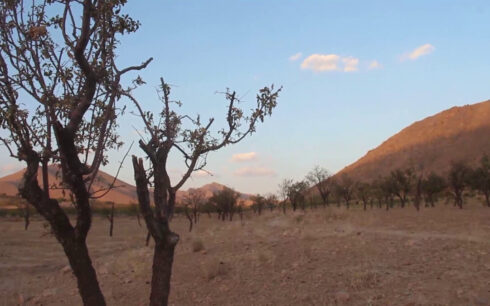UN Special Rapporteur for Human Rights in Afghanistan, Richard Bennett, strongly urged the release of journalists currently held by the Taliban, emphasizing that members of the media should never have been detained in the first place.
On Thursday, the Taliban released five journalists who had been held in custody for a three-week period.
“I welcome their release. It is high time. They should not have been arrested and detained in the first place, merely for doing their jobs, reporting the news.” Bennett told Amu. “Any other journalists who remain in detention in Afghanistan should also be released.”
According to the Afghanistan Journalists Center, there are still five journalists and media workers who remain in Taliban custody, their ordeal stretching over the past few months.
Among the individuals still awaiting release are Seyyed Wahidullah Abdali, a reporter for Bakhtar Agency, Habib Sarab, a reporter for Ariana News, as well as Shamsullah Omari and Parviz Sargand, both local journalists.
Journalists working in Afghanistan face an environment characterized by severe pressure from the Taliban, leading to a chilling effect on the media landscape in the country.
“It erodes the independence of the media in Afghanistan and exerts unwarranted pressure on other journalists, leaving them in fear of arrest should they dare to report against the status quo,” remarked Hamid Poya, a journalist.
Reporters Without Borders reports that more than 500 media outlets have ceased operations since the resurgence of the Taliban, with only a fraction of the country’s TV channels—less than 70 out of 150—remaining active.
The annual report by the Afghan Journalists Center paints a stark picture of the situation, documenting 213 cases of violence against and arrests of journalists in Afghanistan from May 2022 to May 2023. This marks a staggering 64 percent increase compared to two years ago, underscoring the growing peril faced by media professionals in the country.

